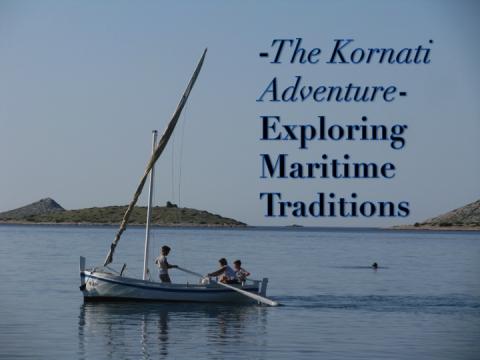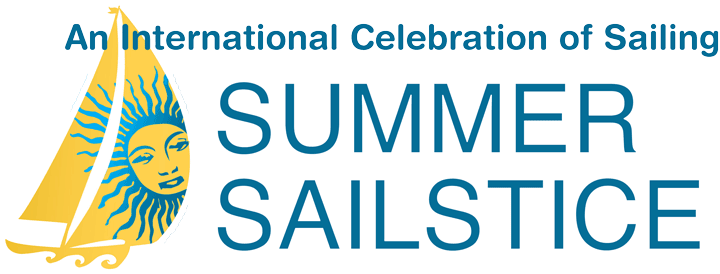
Croatia
~The Kornati Adventure~
Exploring Maritime Traditions
Over the past seven years, Adriatic Maritime Institute's summer programs have given Croatian students from homes for children without parents, the opportunity to experience maritime heritage and learn directly from the older generation about the sea, islands, and rivers. Students from several youth homes and transitional programs have had the opportunity to participate in programs designed for them, organized in the form of expeditions that combine elements of youth development with on-water training and boat building programs.
The summer program for 2017 will be based around similar principles and will further develop the idea of community and sharing in a combined program that will bring all of our students together to a unique location, a place renowned for its maritime heritage and boatbuilding tradition. Here, in the Kornati National Park and Murter archipelago, they will be given an insiders view into what maritime heritage means to the people of Murter today and create methods of preservation for their own communities upon their return. This will be a great opportunity for the students to share the skills, knowledge and leadership together.
Having a separate river and sea program has been necessary until now, basing each program around a specific local community and the traditions of the area. The students have developed a direct connection to their environment and their past, giving them a sense of belonging. By combining students from both the inland waterways programs and those from the Adriatic coast for the first time new, students will now be ready to share their knowledge with other AMI crew members from different youth homes and from different backgrounds. The intention of this summer's program is to broaden their horizons and build community through the preservation of heritage, but also to facilitate the exchange not just of knowledge but to challenge them to understand and develop their skills together with their peers.
We have chosen one of the most renowned traditional boat building areas on the coast, the island of Murter and the Kornati national Park, an archipelago of more than 130 islands that extends 40 miles. The students will have the opportunity to spend time on the sea, both rowing and sailing traditional boats, as well as meeting with some of the few remaining traditional boat builders still working today learning skills required to maintain the boats that they have built in AMI’s boatbuilding programs.
The curriculum will focus on three levels of heritage preservation. Skill based knowledge in boat building and sailing, environmental knowledge of understanding ecological and agricultural, and leadership training to help these young people to build capacity as individuals within their own communities in the future. Ecology, Maritime skills, and leadership combine to form the backbone of the Kornati Adventure.
Members of the local community and organizations that work will be a key part of the program talking to the students and teaching them first hand. It will give them a unique perspective on the heritage and traditions of this part of the Mediterranean, and help them understand how important these traditions are and risks that come with the loss of ways of knowledge as well as the environmental impact exploitation of the sea and its resources.
During the eight day intensive program fifteen students from three homes will meet with the director of The Museum of Betina Boatbuilding, view historic venues, learn first hand from traditional boat builders, meet environmental scientists, work with farmers in the islands, sail with fishermen, and learn stories and song that have been passed down from generation to generation, all the while contemplating how they can bring this back to the areas where they live. Reports from the summit will be posted online and in-print as each group will make recommendations of actions that can be done in their home communities. This program will teach the students not just maritime skills and heritage, but also how to preserve these skills and traditions in their home communities, while having fun and making lasting connections with others who come from similar backgrounds.
